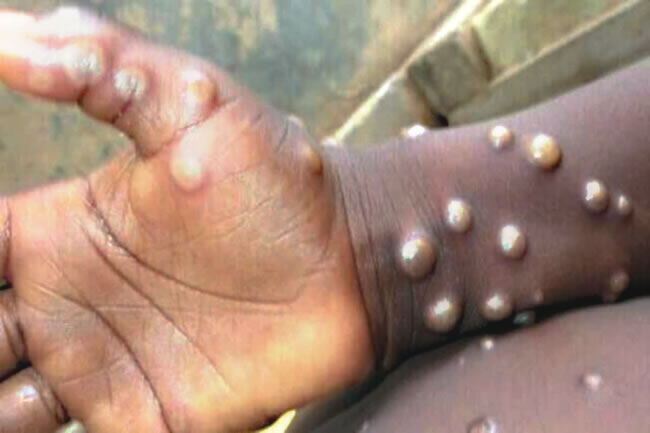Monkeypox is a rare but potentially serious viral disease that has recently gained attention due to its spread in various parts of the world.
Monkeypox is caused by the monkeypox virus, a member of the Orthopoxvirus genus, which also includes the viruses that cause smallpox and cowpox. Here are some causes of monkeypox.
1. Animal-to-Human Transmission
The primary cause of monkeypox is transmission from animals to humans. The virus is zoonotic, meaning it can jump from animals to people. The most common carriers of the monkeypox virus are rodents, such as squirrels, rats, and mice. Monkeys can also carry the virus, but they are not the primary source of infection.
Humans can contract monkeypox through direct contact with the blood, bodily fluids, or skin lesions of infected animals. This can happen when hunting, handling, or consuming bushmeat. The virus can also be transmitted by a bite or scratch from an infected animal.
2. Human-to-Human Transmission
While animal-to-human transmission is the most common cause of monkeypox, human-to-human transmission can also occur. This usually happens through direct contact with the respiratory droplets, bodily fluids, or skin lesions of an infected person. In some cases, contaminated materials like bedding or clothing can also spread the virus.
3. Environmental Factors
Environmental factors can also play a role in the causes of monkeypox. The virus can survive outside the host for an extended period, especially in cool, dry conditions. This means that contaminated surfaces, such as bedding, can be a source of infection if not properly disinfected.
Read Also: How deadly is monkeypox?
4. Weak Immune System
Individuals with weakened immune systems, such as those with HIV/AIDS or other immune conditions, are more susceptible to monkeypox. A weakened immune system can make it harder for the body to fight off infections, which will increase the risk of contracting monkeypox from either animals or other infected people.
5. Travel and Migration
With increased global travel and migration, the risk of monkeypox spreading beyond its traditional regions has also grown. Travelers returning from affected areas can bring the virus back to their home countries, leading to outbreaks in regions where monkeypox was previously uncommon.
By understanding these causes, you can take steps to protect yourself and others from this potentially serious disease. Awareness, proper hygiene, and avoiding contact with infected animals or people are key to preventing the spread of monkeypox.
